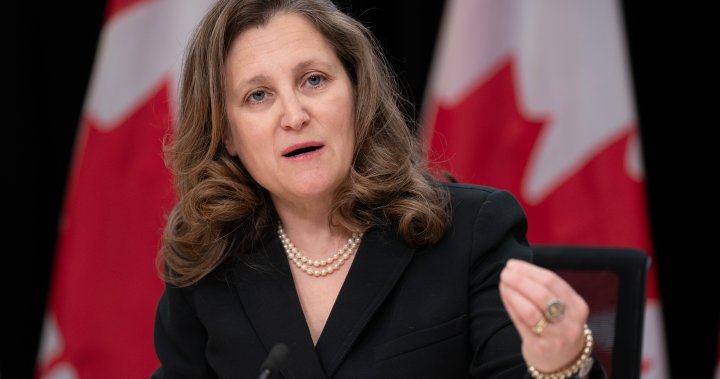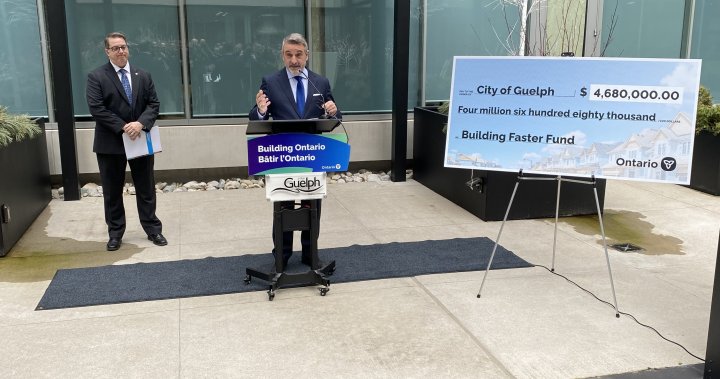The Liberal government is facing a tough fiscal position heading into the 2024 budget, according to new projections from the Parliamentary Budget Officer.
Ottawa is simultaneously dealing with rising debt costs and a slowing economy, both of which are fuelled by decades-high interest rates from the Bank of Canada as it works to tame inflation.
The PBO said in a report released Tuesday that it expects the federal government’s deficit will come in at $46.8 billion for the current fiscal year, $6.8 billion more than Ottawa’s latest estimates in the fall economic statement.
That’s because of higher expenses — the PBO projects $8.1 billion in spending was announced between the FES and Feb. 1 — and lower revenues coming in from Canada’s cooling economy.
Statistics Canada said last week that the national economy eked out annualized real gross domestic product growth of around one per cent in the fourth quarter, skirting a technical recession.
But that slowing economy means less money to spend while higher debt obligations leave the Liberals less fiscal wiggle room ahead of the 2024 budget, which Deputy Prime Minister and Finance Minister Chrystia Freeland is set to table on April 16.
She teased that the forthcoming plan would try to speed up building homes, make life more affordable and create jobs for Canadians.
Financial news and insights
delivered to your email every Saturday.
“This plan will unlock pathways to a good middle-class life for the next generation — because Canada is stronger when everyone has an equal chance to succeed. Together, we are going to unlock and build a brighter, more prosperous future,” she said in a statement.
Internal government polling obtained by Global News last year found nearly 60 per cent of Canadians believe Ottawa should balance the budget.
The polling, which included data from July to October 2023, found barely one in four believe the government should reduce overall spending, and it showed strong support — 42.5 per cent — to increase spending on housing, even if that means rising deficits.
The polling data was obtained by Global News through federal access-to-information laws. The data is from the weekly polling program conducted by the Privy Council Office, the bureaucratic department tasked with supporting the Prime Minister’s Office.
Assuming no net new spending measures are announced in the 2024 budget, the PBO projects the annual deficit will start falling again, hitting $16.9 billion in 2029 at the end of the forecast horizon.
The PBO expects Canada’s debt-to-GDP ratio will continue rising to 42.5 per cent in the upcoming fiscal year before declining in the budgets that follow.
The PBO’s economic projections, meanwhile, expect GDP growth will remain sluggish in 2024, holding around one per cent this year before rebounding in 2025.
Annual inflation is meanwhile expected to cool down to two per cent by the end of the current year, ahead of the Bank of Canada’s own timelines that see price pressures returning to target in mid-2025.
The PBO expects that the central bank will pivot to interest rate cuts in April, which is sooner than most economists, who expect easing in the policy rate to begin in June.
The watchdog notes in the report that if the start of rate cuts is delayed by a few months, that “would not have a material impact” on its outlook.
— with files from Global News’s Aaron D’Andrea, David Akin
© 2024 Global News, a division of Corus Entertainment Inc.




